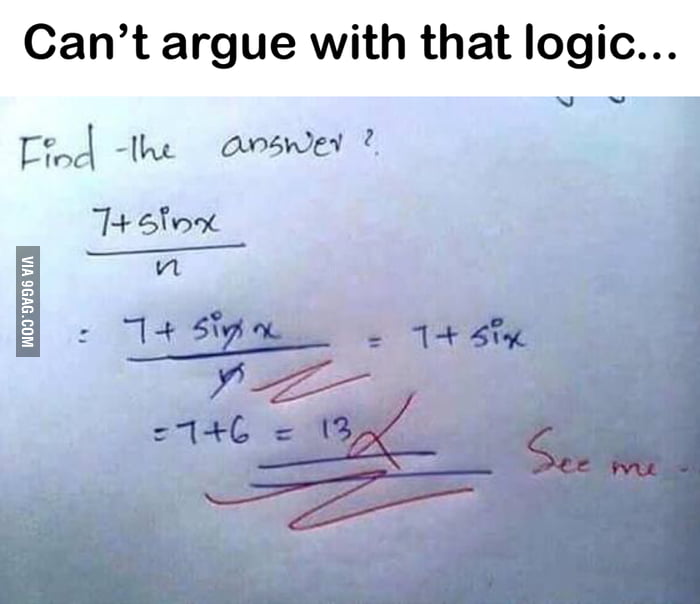I know it wasn't addressed to me, but I consider Pinocchio way too biased to leave his opinion on its own. (OK, it's more that the example he gives of unvalued functions are usually patently wrong.) An alternative point of view won't hurt.
External/Internal doesn't refer to outside or inside the self - that's why the name is misleading. It's about external qualities (directly perceivable) and internal qualities (indirectly perceivable). For example how a person moves is an external observation; what the person feels is an internal one, you're effectively "guessing" at it based on external clues. This is how external, explicit elements imply internal elements. Both external and internal elements can focus outside the self - as in this example - or inside the self. Usually they work in dyads, that is, Si implies Ne, Se implies Ni, Ti implies Fe, Te implies Fi.
Bodies/Field, on the other hand, focuses on relation to the self. Bodies (object) elements are objective, quantitative - they focus on what is there and use criteria which are based on outside world. Field elements are subjective, qualitative - they perceive through the self, how it all fits together. Of course "objective" perception is still subject to all the biases human beings are susceptible to, it just refers to the criteria. People are more likely to want to agree - achieve a consensus of sorts - on what's related to their extroverted elements. So you'll hear Alphas complaining about Gammas and Gammas complaining about Alphas, each accusing the other of basing its decisions on agreements and the like. In fact, most people do that - in different matters.
Ti and Te are like proof and evidence. Ti focuses on the whole - things are ultimately correct or incorrect. Te focuses on the pieces - they're true or false. Te valuers are more likely to discuss facts in isolation, to establish their reliability. Ti valuers are more focused on validity of their reasoning, which is usually individual.
Fi and Fe are like "I don't like it" vs "That sucks". The analogy to Ti and Te is clear. Fe valuers are more likely to discuss likes and dislikes, to establish attitude. That is not to say they focus only on matters of taste, but for example may condemn an imperfect theory because "it sucks" while dismissing evidence. Whereas Te might condemn it if it's based on unreliable evidence or contradicts facts, even if it only requires slight adjustment.
Both attitudes are strengthened when elements are in ego rather than super-id. And people learn to avoid these mistakes to an extent, unless they choose to remain blind to their own biases.
What one considers collective, the other sees as individual. But my point is, despite all miscommunication involved, they more often than not yield similar results. What is type dependent is information processing itself, not conclusions reached. And that's why I'm protesting many comparisons which differentiate on this basis, often with sole purpose of making one side seem sensible and the other insensible, regardless of which is which. More often than not smart people end up doing the sensible thing, whatever their sociotype.




 Reply With Quote
Reply With Quote This is your main problem, you make too many
This is your main problem, you make too many 
